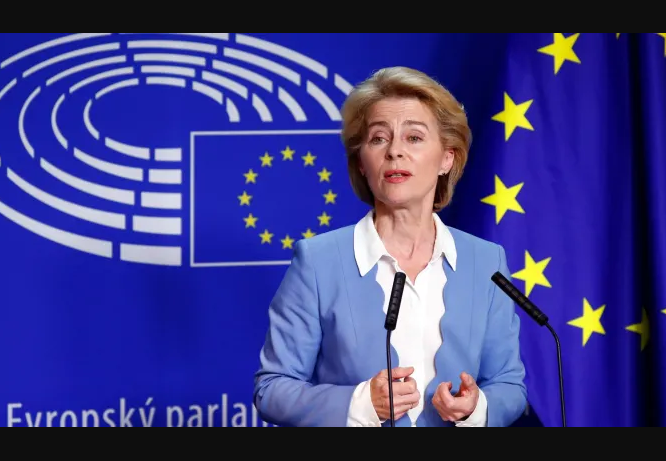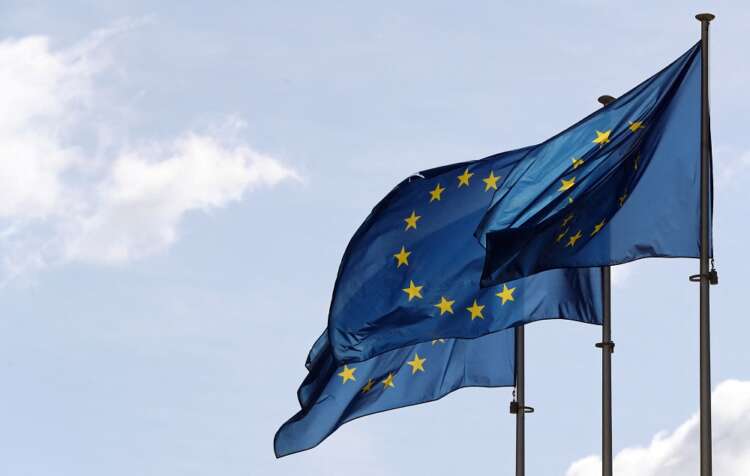Foreign News
European Union Set To Ban Travellers From All Foreign Nations
The European Union has revealed plans to ban all non-essential travel from all outsiders for a month after Europe emerged as the center for “coronavirus epicentre.”

Ursula von der Leyen, the president of the European Commission proposed a ban on foreign travel into all of the EU, meaning all travel would be restricted into the 26-nation Schengen free travel area for 30 days.
The 26 Schengen countries are: Austria, Belgium, Czech Republic, Denmark, Estonia, Finland, France, Germany, Greece, Hungary, Iceland, Italy, Latvia, Liechtenstein, Lithuania, Luxembourg, Malta, Netherlands, Norway, Poland, Portugal, Slovakia, Slovenia, Spain, Sweden, and Switzerland.
Ms von der Leyen told a press conference: ‘The UK citizens are European citizens so of course there are no restrictions for the UK citizens to travel to the continent.’
She added: ‘Here in Europe we are heavily affected by coronavirus and we know that everything that reduces social interaction also reduces the speed of the spread of the virus.
‘The less travel, the more we can contain the virus.
‘Therefore, as I have just informed our G7 partners, I propose to the heads of state and governments, to introduce temporary restrictions on non-essential travel to the European Union.’
She said exemptions would include long-term EU residents, family members of EU nationals, diplomats, doctors and researchers working on containing the health crisis.
Doctors, nurses, care workers, and experts tackling the coronavirus pandemic would also be exempt, Ms von der Leyen said.
Globally, more than 174,000 people have contracted the deadly coronavirus around the world – and 6,000 people have died from the virus.





